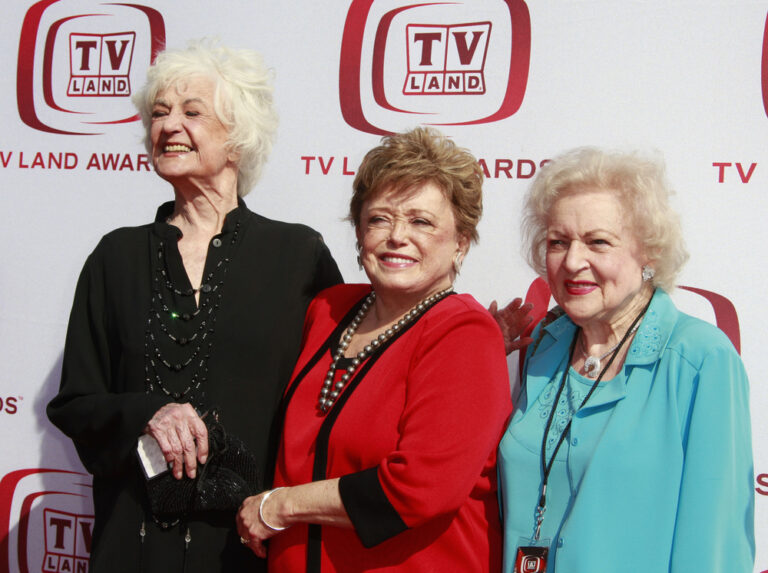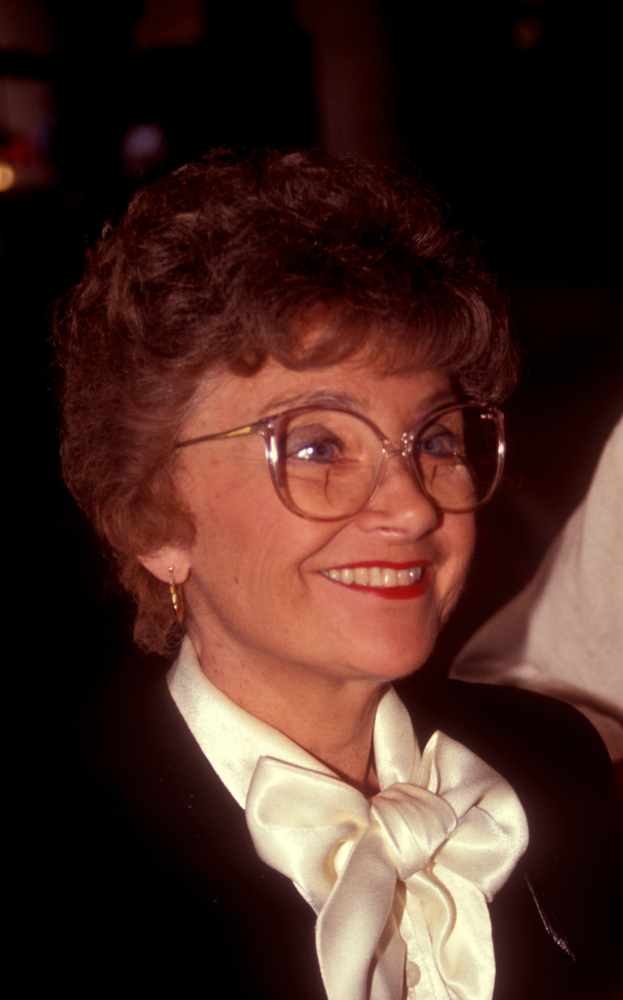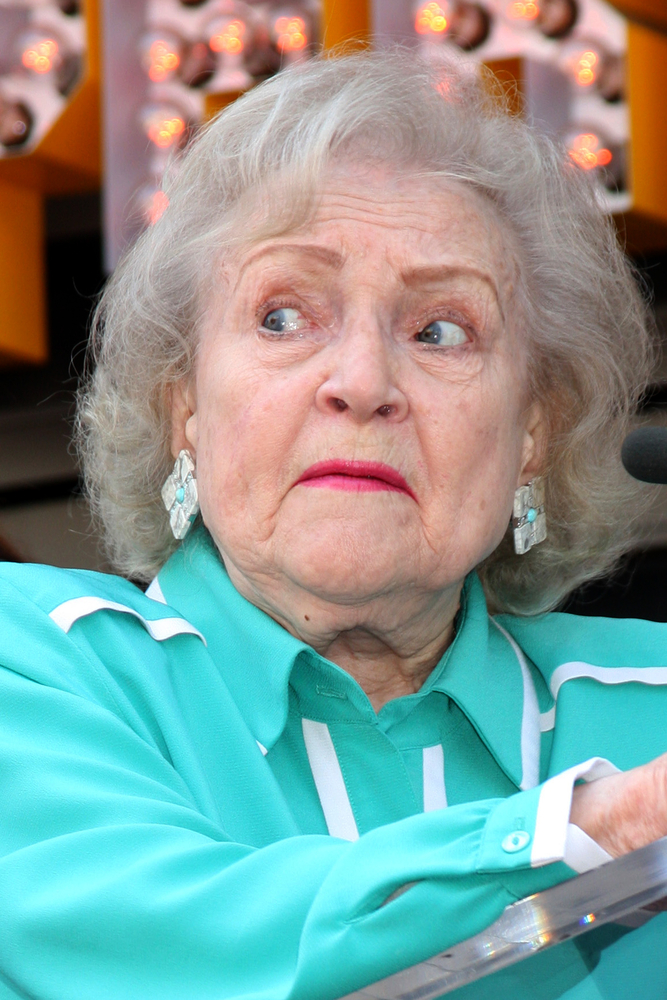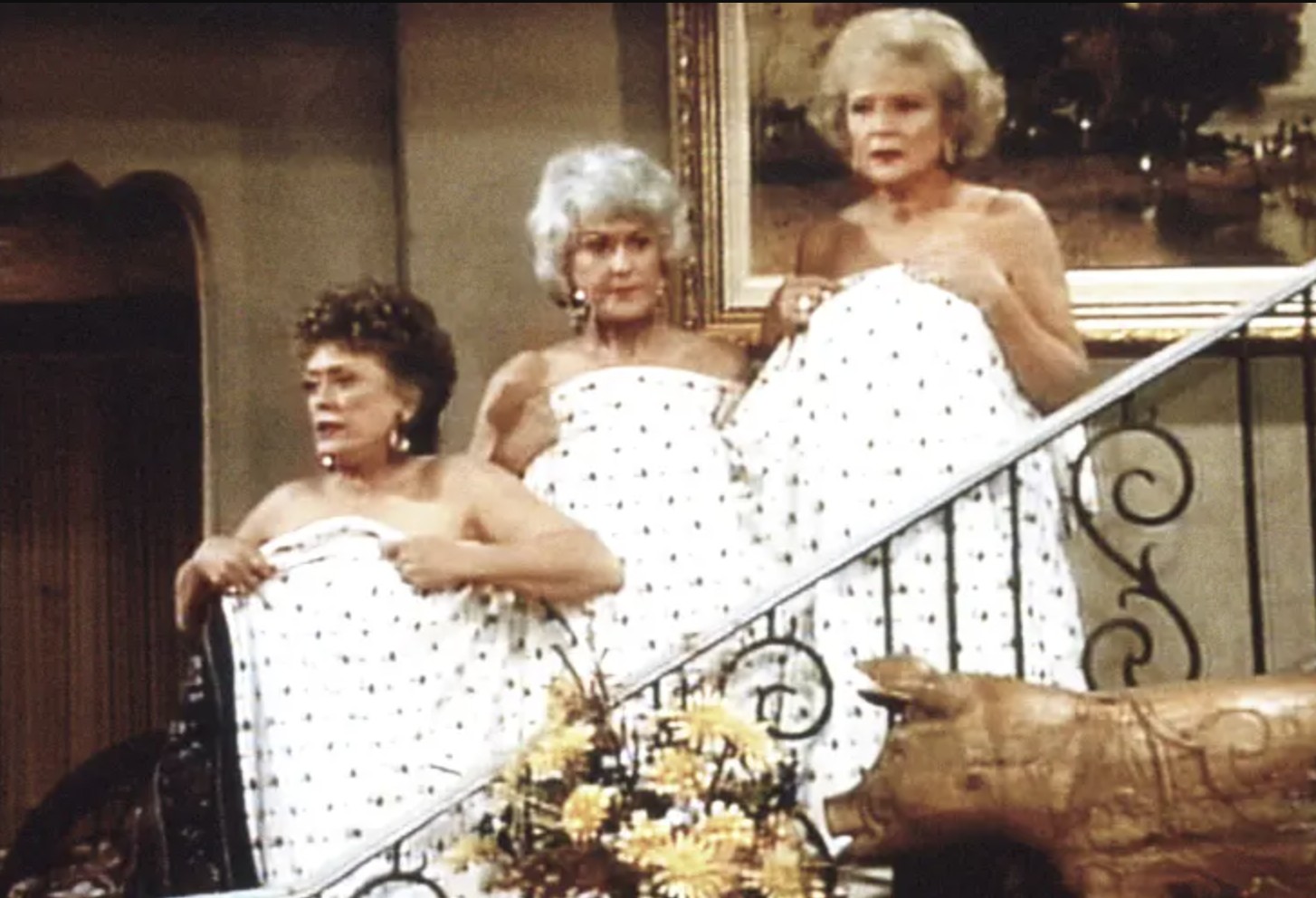The Golden Girls. Just hearing the name brings a smile to most people’s faces. It’s a show that, despite its initial doubts and low expectations, became one of the most beloved sitcoms of all time. For those who are still captivated by the humor and charm of the series, there are still untold stories from behind the scenes that continue to emerge.
Stan Zimmerman, the talented staff writer for the first season of *The Golden Girls*, recently gave us a glimpse into the magic behind the show, sharing never-before-heard stories that continue to surprise even the most dedicated fans. This is the story of how a simple sitcom became a cultural phenomenon and the unexpected friendships and behind-the-scenes moments that made it unforgettable.
Zimmerman had no idea when he first joined the show in 1985 that it would be such a game-changer. The show had a unique premise, centered around four women living together in Miami: the wise-cracking Dorothy, the naive Rose, the sultry Blanche, and the sharp-tongued but lovable Sophia. But there was more to *The Golden Girls* than just the sharp dialogue and hilarious antics.
Stan Zimmerman remembers being starstruck on the first day, especially when he met the legendary Estelle Getty, who played Sophia Petrillo. “She was just as sharp as she was on screen, but what people didn’t see was the warmth behind her eyes,” Zimmerman recalled. “She had this amazing ability to be fierce yet loving, and it wasn’t just an act for the cameras.”
One of Zimmerman’s earliest memories was when Estelle Getty approached him and his writing partner, Jim, with an unexpected offer. “I was so excited that she came over to talk to us,” Zimmerman said. “She was this little dynamo who made a big impact, and I could already tell she was one of a kind.”
But what he didn’t expect was her quick warmth. As the conversation began, Estelle, with her characteristic feisty energy, leaned in close and said, “I’m so small. Come here, come here.” Zimmerman and Jim were intrigued, following her to the back of the set. What followed was a gesture of friendship that no one would have expected from such a powerhouse actress. “She pulled us aside and said, ‘Your secret is safe with me.’ I didn’t know what she meant at first, but she made it clear that she was talking about us being gay. She wasn’t just a colleague—she was someone we could trust.”

This was a revelation that deeply impacted Zimmerman. At the time, the 1980s was not a time of open acceptance, especially in Hollywood. With many artists and writers hiding their true identities for fear of backlash, Estelle’s support was a quiet but powerful act of solidarity. “She had a heart as big as the world,” Zimmerman explained. “We were in an environment where you had to be careful about revealing your personal life. But she had your back. She didn’t just accept people—she embraced them.”
But this kindness was not just a one-time interaction. Estelle Getty’s true nature became clear over time as Zimmerman grew closer to her. “She had this motherly vibe. She would always check in on me. Even after *The Golden Girls* ended, we stayed in touch. She would always ask, ‘Who are you dating now?’ and ‘Where are you working?’” Zimmerman recalled, a soft smile spreading across his face. “It wasn’t just about the work; she cared about us as people.”
Despite her tough and no-nonsense character on the show, Estelle had a gentle way of advising and guiding those around her. “She would always give the best advice, but not in the way you’d expect. It wasn’t like a lecture—it was more like a conversation where you’d walk away thinking, ‘Wow, she just changed my life.’”

Estelle’s ability to connect with her co-stars also translated to her relationships with the other actresses. Dorothy, Blanche, and Rose all had their own unique dynamics on the show, and Estelle played a pivotal role in shaping the tight-knit camaraderie that came across on screen. “She was the heart of *The Golden Girls*—she brought a balance to the show that was unlike anything I’ve seen since,” said Zimmerman. “Her love and warmth were the foundation that the rest of us built on.”
As the seasons went by, *The Golden Girls* became a cultural phenomenon, and the behind-the-scenes camaraderie was something that translated to the way the audience viewed the characters. The public saw four strong women navigating life together, but what they didn’t always realize was how much these women also relied on each other off-screen.
Zimmerman recalls the atmosphere of the set during the early days. “It was like a family,” he said. “We were all new to the show, but Estelle made sure everyone felt comfortable. She made sure the entire cast and crew felt heard, valued, and respected. There was this quiet power in her, and she made sure that we were all working toward the same goal—to create something real.”
Despite the challenges that came with working in the 1980s, Estelle remained a beacon of light for those around her. Her generosity was not just seen through the roles she played on screen, but in the way she treated the people behind the scenes. She wasn’t just a star—she was a guiding force who gave those around her the confidence to be who they truly were.

“When you think of Sophia Petrillo, you think of this fierce, sarcastic woman who could throw out zingers left and right. But the real Estelle was different,” said Zimmerman, his voice softening. “She was fierce in her love. Fierce in her loyalty. And fierce in her belief that people deserve to live authentically. She gave so much of herself to us, and that’s something I’ll never forget.”
Looking back at it all, Zimmerman feels nothing but gratitude for the experiences he shared with Estelle Getty and the rest of the cast. “There’s something magical about *The Golden Girls*. It wasn’t just the jokes or the storylines—it was the heart behind the scenes, and Estelle was the heart of it all. We may have written the jokes, but she made them unforgettable.”
The legacy of *The Golden Girls* continues to live on, and it’s clear that Estelle Getty’s legacy is just as strong. Her warmth, wisdom, and unwavering support for her colleagues will remain etched in the memories of everyone who had the privilege of working with her, forever making her more than just a television icon—she was a friend, a mentor, and an ally.
